The Internet’s Losing Its Freedom, in America and Beyond
Some countries are adopting ever more stringent Internet laws and increasing surveillance. Given the Edward Snowden leaks, you may not be surprised to see the United States is high on the list of nations that have decreased online freedom this year, but what about the others?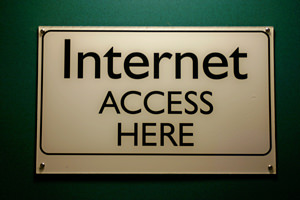
Some countries are adopteding ever more stringent Internet laws and increasing surveillance. Given the Edward Snowden leaks, you may not be surprised to see the United States is high on the list of nations that have decreased online freedom this year, according to the Freedom on the Net report by watchdog group Freedom House. Although American restrictions are easily explained by the PRISM revelations, two other countries shared the top of the list with the U.S. The Atlantic explains how Brazil and India have tightened their control of Internet usage:
Along with stepping up surveillance, last year Indian authorities arrested at least 11 people for doing things like tagging and liking social media posts within closed groups.
At various points, the Indian government also blocked multiple web sites it deemed religiously inflammatory, including access to the “Innocence of Muslims” clip and multiple Twitter handles.
“In 2012, the government ordered ISPs to block hundreds of websites in an effort to minimize religious unrest,” Ashley Greco-Stoner from Freedom House explained to me in an email. “In some cases, the blocks affected entire platforms.”
…Brazil has an electoral law that would be unthinkable for a typical American election season: It bans any campaign ads or videos that “offend the dignity or decorum” of a candidate—including satire.
When one Brazilian published a YouTube video calling a local mayoral candidate an “idiot,” in September of last year Brazilian courts ordered the arrests of Google’s top two executives in the country for not removing the clip from YouTube.
But that’s not all that’s happened, unfortunately. Greco-Stoner writes:
Violence against online journalists and bloggers has also been on the rise in Brazil. In February 2012, Mario Randolfo Marques Lopes, editor-in-chief of news website Vassouras na Net, was kidnapped and murdered. In late April 2012, Décio Sá, a longtime political journalist and blogger who wrote for the newspaper O Estado do Maranhão and ran a blog by the name of Blog do Décio, was shot to death while sitting in a bar. In November 2012, Eduardo Carvalho, owner and editor of the Ultima Hora News website, was murdered in connection with his online work. In December 2012, the home of Antonio Fabiano Portilho Coene, owner of the Portal i9 website, was attacked by unidentified gunmen who threw a Molotov cocktail into the courtyard and fired shots on the house.
But it seems things will get worse in at least two of the nations heading the list since Brazilian President Dilma Rousseff, outraged by evidence that the NSA’s been spying on her country, has vowed to take the Brazilian Internet into her own hands. And regarding America’s online freedom, The Guardian has recently promised there are even more Snowden revelations to come. So don’t be surprised if someday Brazil and the U.S. top the list of countries with the least Internet freedom.
—Posted by Natasha Hakimi
Your support matters…Independent journalism is under threat and overshadowed by heavily funded mainstream media.
You can help level the playing field. Become a member.
Your tax-deductible contribution keeps us digging beneath the headlines to give you thought-provoking, investigative reporting and analysis that unearths what's really happening- without compromise.
Give today to support our courageous, independent journalists.

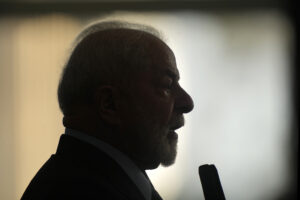
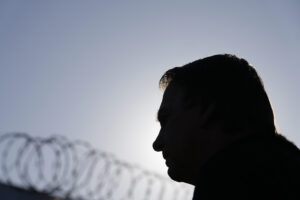
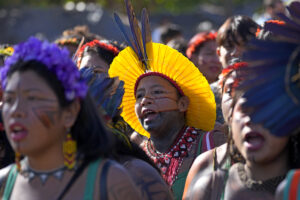
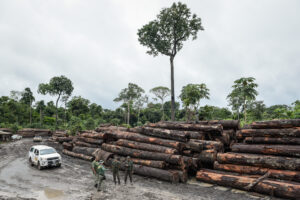

You need to be a supporter to comment.
There are currently no responses to this article.
Be the first to respond.